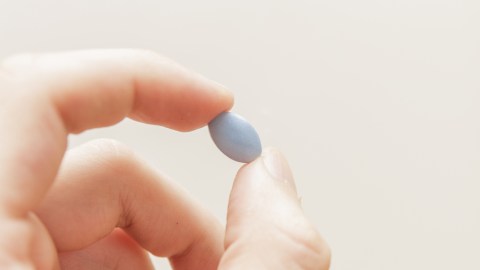Science Stumbles onto a Creativity Pill

What’s the Latest?
When Parkinson’s patients treated with a synthetic dopamine-precursor pill, levodopa, showed high upticks in creative activities from writing novels to painting portraits, their doctors began to wonder at the causes. Neurologist Rivka Inzelberg already knew that the drug releases people’s inhibitions, sometimes resulting in creative and obsessive behavior. This week, Inzelberg published new research that “breaks down the relationship…and whether the observed creativity—which she defines as a combination of originality, flexibility, and inclination to combine novel and practical ideas—might be due to obsessive tendencies.”
What’s the Big Idea?
So does the Parkinson’s drug make people more creative or does it simply unleash the creative impulse that was already within them? Inzelberg’s study “tested for symptoms of impulse control disorder, as well as creativity—which it did in a variety of ways. … In the end, there was no relationship between the creativity Inzelberg has been noticing and any degree of compulsive behavior.” In other words, the medicine appeared to make people genuinely more creative. One proposed mechanism is that the drug reduces a person’s ability to filter out irrelevant stimuli, resulting in a cross-pollination of ideas which is thought to be essential to creativity.
Read more at the Atlantic
Photo credit: Shutterstock




